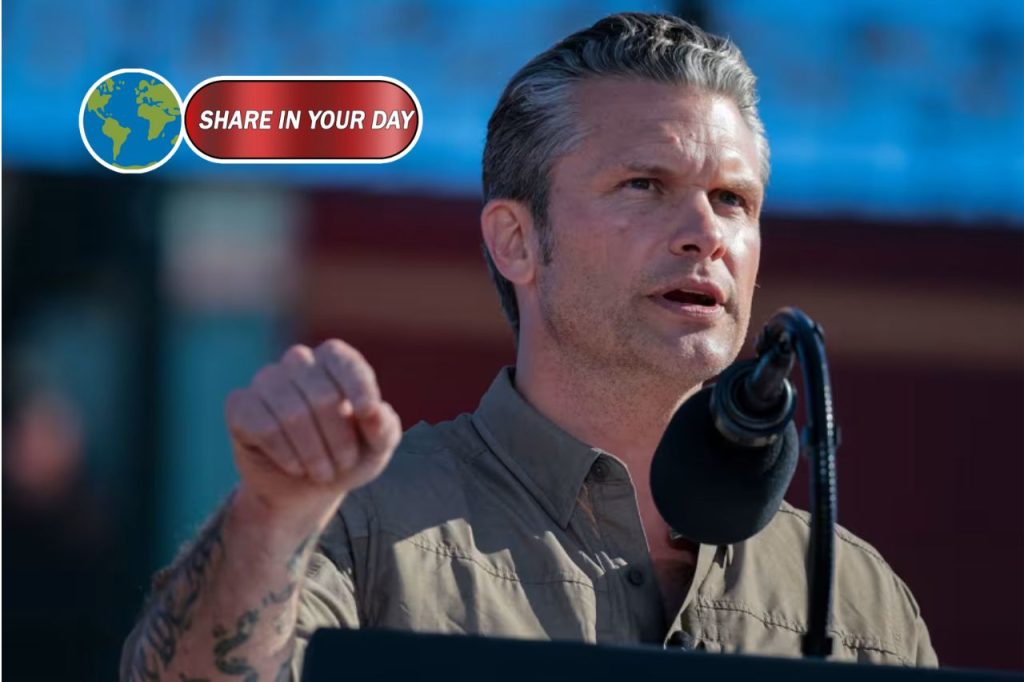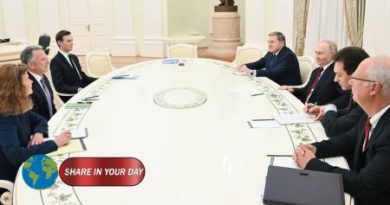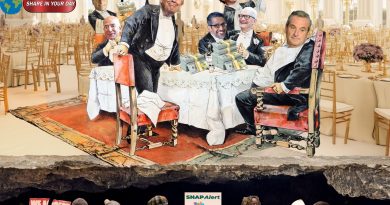Pentagon Restricts Military Officials’ Direct Communication with Congress
Published: October 22, 2025
Washington, D.C. — The Pentagon has introduced a sweeping new directive that bars most Defense Department personnel, including senior military commanders, from engaging directly with Congress or state lawmakers without prior clearance from the department’s legislative affairs office.

The move, formalized in a memo signed by Defense Secretary Pete Hegseth on October 15, marks a significant tightening of internal communication protocols and has sparked concerns over transparency and congressional access to defense officials.
The document, obtained by CNN, emphasizes that “unauthorized engagements with Congress by Department of Defense (DoD) personnel acting in their official capacity, no matter how well-intentioned, may undermine Department-wide priorities.”
Broad Scope, Few Exceptions
The directive applies broadly across the Pentagon’s hierarchy, including:
- Civilian leaders of all military branches
- The Chairman of the Joint Chiefs of Staff
- Combatant commanders
- Defense Intelligence offices
Only the Pentagon’s Office of Inspector General is exempted from the policy.
While the directive revives a 2006-era policy that required legislative activities to be centrally coordinated, critics argue it goes beyond previous norms in scope and intent — especially given Hegseth’s broader efforts to control public messaging and media relations within the department.
Official Line: Improving Coordination, Not Restricting Access
Chief Pentagon spokesperson Sean Parnell defended the policy, stating that it’s “a pragmatic step to internally review the Department’s processes for communicating with Congress,” aimed at improving both accuracy and responsiveness.
“This review is for processes internal to the Department and does not change how or from whom Congress receives information,” Parnell told CNN.
Still, several defense and congressional sources say the move appears to reflect a pattern under Hegseth — one that emphasizes central control over messaging and limits open channels with external stakeholders.
Fallout and Frustration
The memo was signed on the same day dozens of reporters returned their Pentagon credentials after refusing to sign a new policy agreement seen as placing restrictions on press access and independence. The timing has fueled further speculation that the Pentagon is tightening its grip on both internal and external communications.
A senior Pentagon official told CNN the policy is not designed to muzzle dialogue but to prevent inconsistent messaging — particularly when officials respond to lawmakers without aligning with broader departmental objectives or budget requests.
“When we don’t coordinate our messaging,” the official explained, “we risk being in direct conflict with our budget proposals and undermining our own legislative priorities.”
That sentiment was echoed by another defense official, who noted that the policy is likely aimed at senior-level engagements rather than routine communication by lower-level legislative affairs staff.
Congressional Concerns
Members of Congress and their aides have expressed unease over the potential chilling effect of the policy.
A Senate aide, speaking to CNN, said the memo reflects “a disturbing pattern of attempting to stifle communication with Congress and the public that is unique and characteristic to Pete Hegseth.” However, the aide acknowledged that in practice, the policy may not be as restrictive as it appears on paper.
“There’s a lot of responsible, professional communication that happens daily between the DoD and the Hill,” the aide said. “Ninety-nine percent of it is business as usual. But the signal this sends is troubling.”
The aide also compared the directive to previous administrations’ attempts to control Hill engagement, often in the form of temporary pauses or reviews — but described Hegseth’s version as part of a larger culture of information restriction.
Logistical Headaches Ahead?
A former senior Pentagon official warned the policy could create logistical gridlock, noting that the Defense Department engages in thousands of contacts with Congress and state officials each month — from discussing personnel issues to coordinating on military installation operations.
“If every interaction requires prior approval, the entire system could slow to a crawl,” the former official said.
Internal Review Underway
To address concerns and streamline processes, the memo instructs Assistant Secretary of Defense for Legislative Affairs Dane Hughes to conduct a department-wide review of all legislative engagement procedures. Hughes has since convened a working group, requesting each major office — including combatant commands — to appoint a senior legislative liaison to participate.
The review is expected to assess:
- Current communication practices
- Friction points with congressional engagement
- Opportunities for centralizing or clarifying internal procedures
According to the Pentagon, the goal is not to silence communication but to ensure messaging consistency that supports the department’s legislative goals.
A Delicate Balance
As scrutiny over civil-military relations intensifies, the Pentagon finds itself in a delicate balancing act — trying to preserve operational discipline and legislative unity while also maintaining transparency and collaboration with Congress.
Whether this new directive will achieve that balance or fuel further mistrust remains to be seen.




